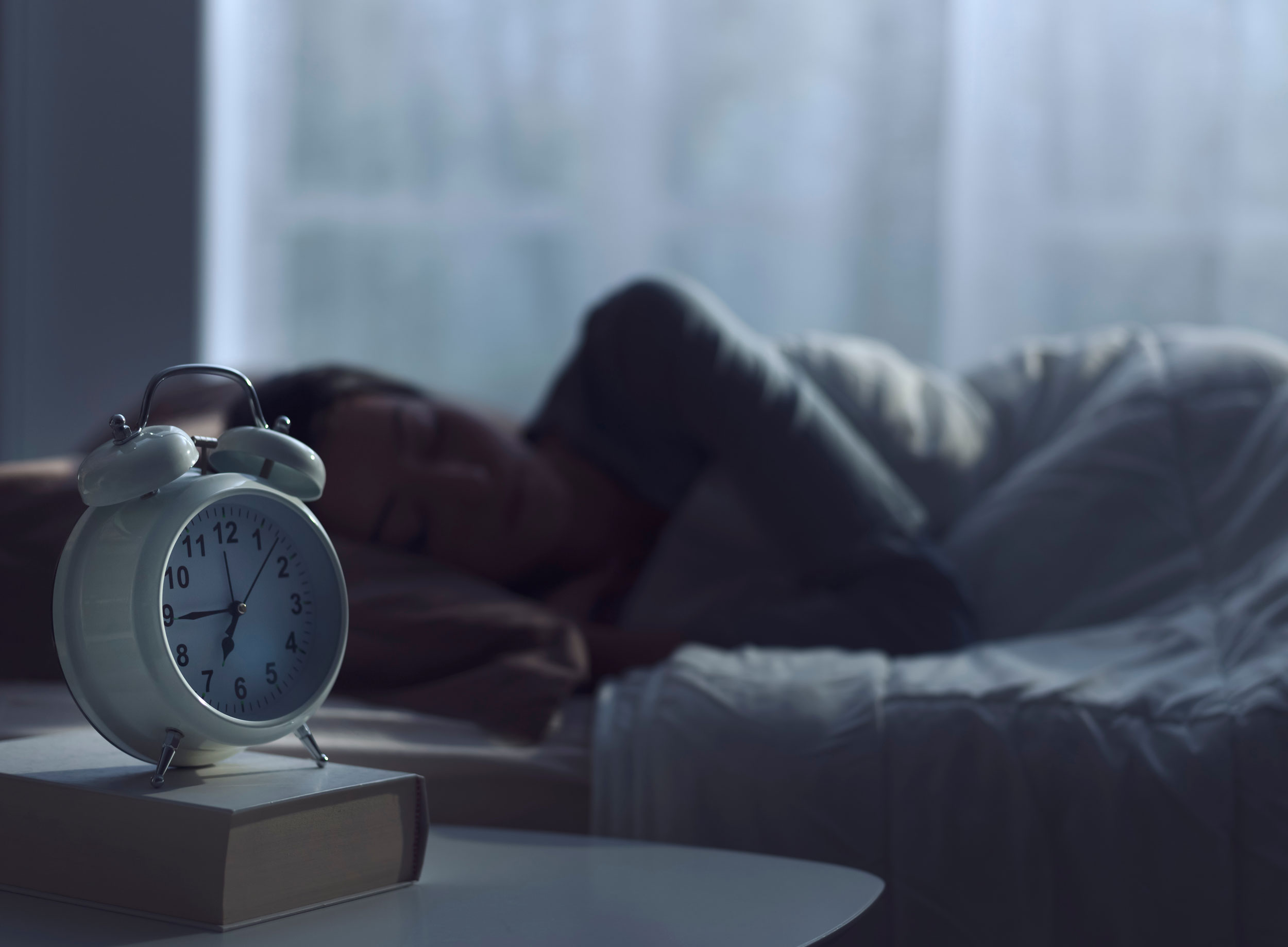Do you ever feel like you aren’t getting enough sleep? Maybe you’ve resigned yourself to “just being a night owl,” but sleep is a big part of your physical and mental health, so here are two habits to break and three to pick up to ditch the night owl lifestyle and start sleeping better.
Put down the phone
One of the best things you can do to improve your sleep is to be aware of your cell phone use. Smartphones have replaced books, music, and magazine articles, and they’re having a noticeable effect on our quality of sleep. That’s because the light emitted from phones suppresses melatonin production, leading to greater alertness and decreased sleepiness. To change your night owl ways, consider putting the phone down an hour before lights out to help increase sleepiness and sleep quality.
Stop hitting snooze
As nice as hitting the snooze button and dozing back to sleep may feel, it can mess with your internal clock. Even if you struggle to fall asleep the night before, stick to your normal wake up routine. You may feel tired throughout the day, but you’ll have an easier time falling asleep the next night, putting you back on a solid routine for better, more restful sleep.
Good habits to start
In addition to taking a break from your smartphone and breaking up with your snooze button, here are a few things you can do to help your body sleep better:
- Get moving – Participate in some sort of movement for at least 30 minutes a day. It doesn’t have to be super strenuous—just stay active!
- Go to bed earlier – Most of us need between 7 and 8 hours of sleep each night, so make sure to go to bed in a timeframe that will allow you to get the amount of sleep you need.
- Get cozy – Make your bed a comfortable place of rest. Do you need to buy a new pillow or mattress topper? Treat yourself and your body to whatever you need to rest better.
Sleep is an important part of maintaining physical and mental health. At Valley Oak’s Health, we’re here when you need help catching extra Z’s or working through a mental health concern. Just get in touch.






